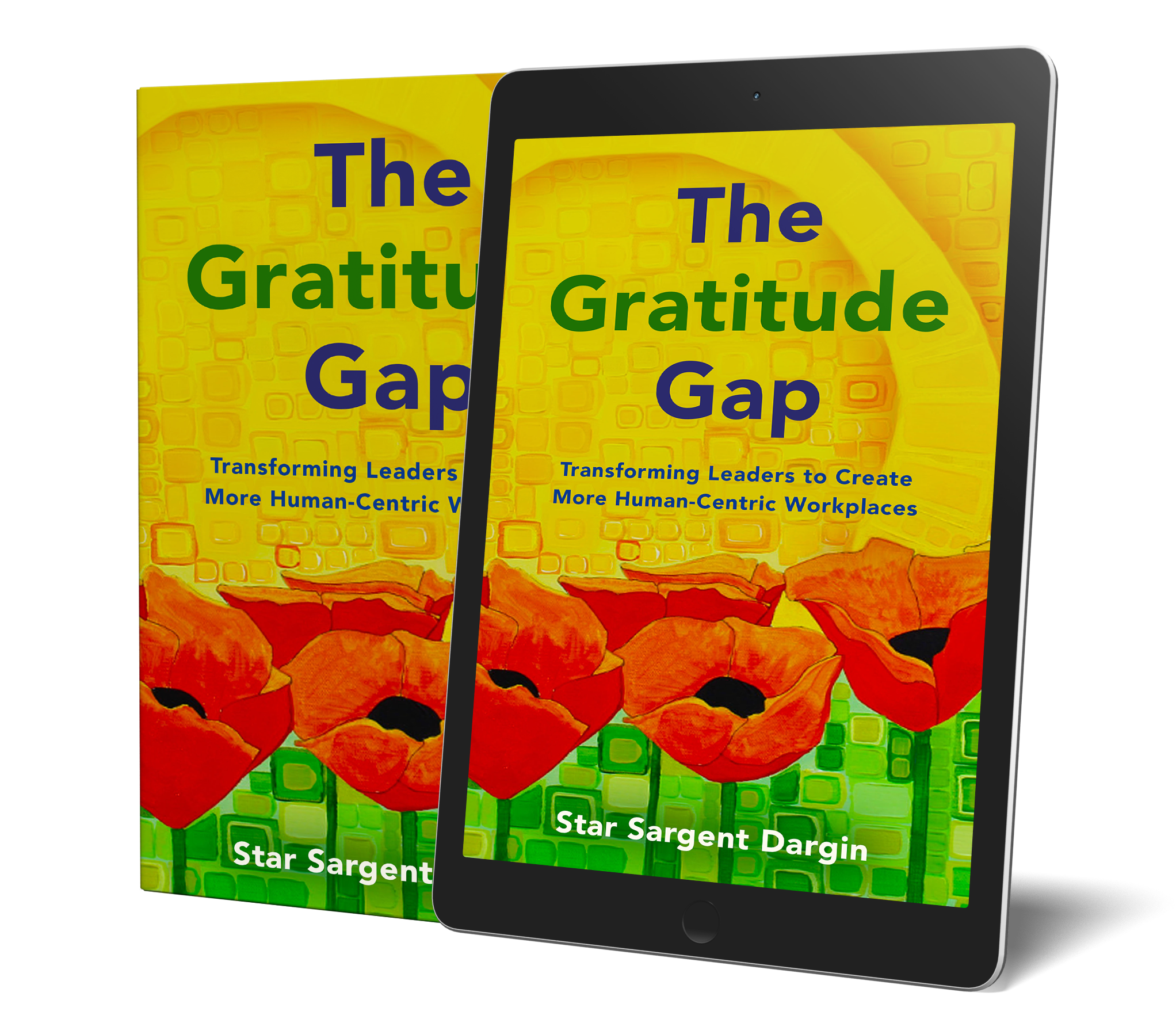If you are a leader and you don’t know Brené Brown, you should! You can start by watching what 48 Million others have seen, her TED talk. Dr. Brown studies human connection from a scholarly point of view and shares insights in a down to earth, humous way, with a warm and welcoming Texas accent. I believe Brené’s teachings are the future of good leadership.
Brené’s impressive body of work explores human connections, shame, vulnerability, and leadership. The word “Gratitude” is ubiquitous in her work. In the video I linked above, she describes how intensively researching vulnerability led her to discover a group that she calls wholehearted people
. Wholehearted people are fulfilled, joyful, and happy, but they are also open and vulnerable. They believe that they are worthy of love and acceptance despite their faults.
She believes that the ability to embrace vulnerability goes hand-in-hand with gratitude, and just like gratitude, the ability to be vulnerable is a muscle you can train over time. True leaders have the ability to lead people through times of uncertainty. Embracing, accepting, and managing vulnerability is what great leaders do. True leadership comes from authenticity, which requires vulnerability. By learning to embrace vulnerability, we can learn how to be authentic to ourselves, lead authentically, and to access our innovation and creativity.
Uncertainty, risk taking, and being exposed makes people feel vulnerable. There is vulnerability in trying something new. Creativity and innovation represent something new, and embracing vulnerability means recognizing that failure is always a possibility when creating or improving a new product, service or process. Successful leaders do not opt out of uncertainty and risk; they train themselves to respond consciously. It takes courage and work to be vulnerable, and it will feel uncomfortable.
Brené Brown tells us that successful leaders create a culture where discomfort is normal. “Challenge ideas, challenge me, makes me learn,” she says. “It is asking a lot for people because we are pushing and stretching and doing something that hasn’t been done.” Gratitude is the most important way for us to manage the stress that comes with being vulnerable.
That said, she stresses that it is not about “letting it all hang out.” Leaders create boundaries and handle things situationally. For example, she says that every leader who leads successfully has a place like a peer group, where they can express their true feelings and where it is safe to admit fear and uncertainty. They also know when to not show fear. To be more vulnerable, to be a better leader, she says that you must practice gratitude as a daily practice. Gratitude is one of the guideposts she offers to be more wholehearted. She tells us to make gratitude a tangible daily practice in order to become more wholehearted, and ultimately a better leader.


